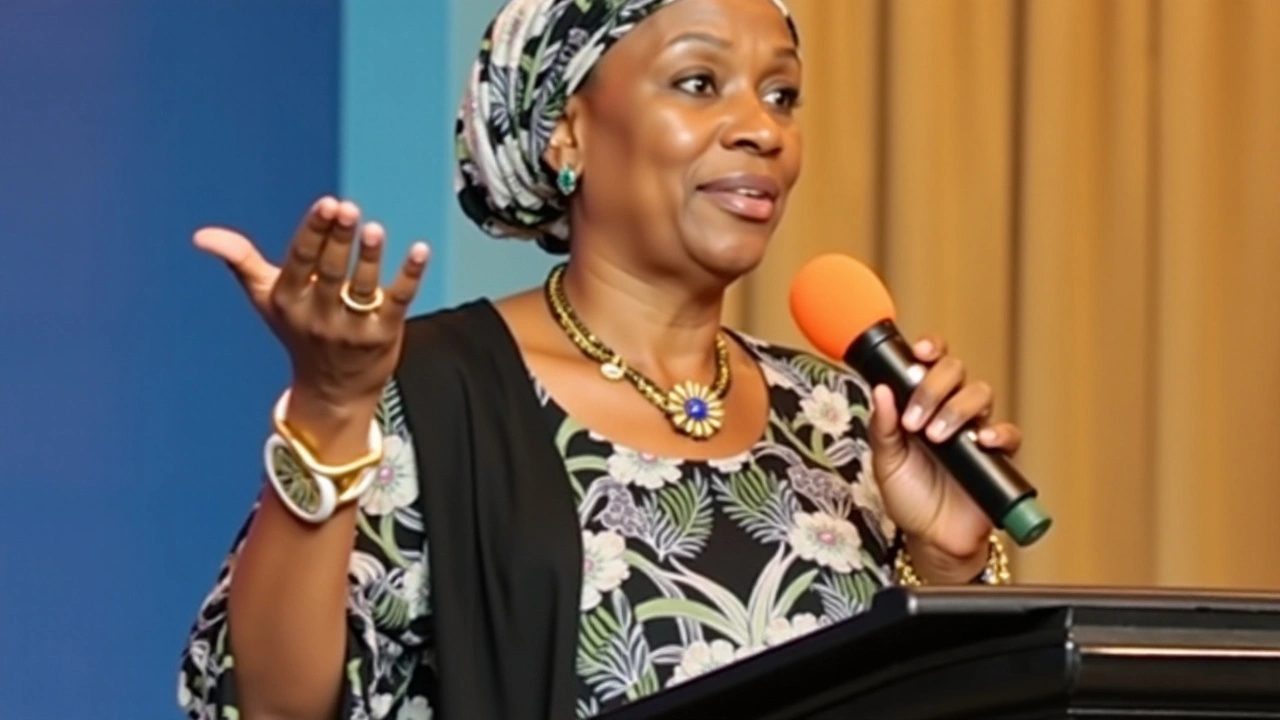Economic Policies Shaping Africa Today
Whenever a new tax rule or a loan program pops up, you feel the ripple in everyday life – from the price of a cup of coffee to the cost of a university fee. On this page we bring you the most useful updates on economic policies across the continent, so you can see what’s really happening and why it matters to you.
Tax, Housing and Business Reforms
The UK real‑estate market is feeling the heat of the 2025 Finance Bill, which slashes stamp‑duty thresholds and cuts capital‑gains allowances. Those changes mean higher transaction costs for buyers and tighter margins for developers. While this isn’t Africa, the trend mirrors what many African governments are doing – tightening tax rules to boost revenue.
Closer to home, Lagos has rolled out a controversial new parking fee: N80,000 a year per slot, plus a N50,000 processing charge. The policy aims to curb traffic congestion, but many drivers say the cost is unaffordable. The city says the money will fund better road maintenance and more parking spaces, yet the debate shows how a single fee can spark legal challenges and public outcry.
Equity Bank in Kenya faced a costly court ruling after a cash heist in Moyale. The High Court ruled the bank negligent for not providing on‑site security, leaving it to absorb a KSh 23.4 million loss. This case underlines how regulatory oversight and risk management are key parts of any economic policy framework – banks can’t ignore security when they handle public money.
Education Loans, Energy and Infrastructure
Kenya’s Higher Education Loan Board (HELB) just got a Sh5 billion boost from the government, allowing it to fund over 200,000 new university students and more than 237,000 TVET trainees. The extra money makes higher education more accessible, but it also adds to the national debt. Watching how the loans are repaid will give a clear picture of whether the policy actually fuels growth or just adds another financial burden.
Power outages swept across Spain, Portugal, France and Belgium in April 2025, exposing how fragile the energy grid can be. While the outage was European, African countries face similar challenges with aging infrastructure. The incident sparked calls for stronger investment in renewable energy and better grid management – topics that are now front‑and‑center in many African economic policy debates.
All these stories share a common thread: governments are trying to balance revenue, public services, and growth. Whether it’s a tax tweak, a loan program, or a new fee, each policy affects businesses, students, and everyday citizens.
If you want to stay ahead of the curve, keep an eye on these developments. They often signal larger shifts, like tighter fiscal rules or greater investment in social programs. The next big policy could be a new digital tax, a subsidy for renewable energy, or a reform in land ownership laws – all of which will ripple through the economy.
In short, economic policies aren’t just headline news; they’re the rules that shape the prices you pay, the jobs you get, and the opportunities you can chase. Bookmark this page, check back often, and you’ll always know what’s driving Africa’s economy forward.
Nigerians Demand People-Centric Policies Amidst First Lady's Statement on Economic Challenges
- Jeremy van Dyk
- 9 Comments
In the wake of Nigeria's First Lady, Oluremi Tinubu's recent comments defending President Bola Ahmed Tinubu during economic difficulties, there is a growing call for people-friendly policies. The public seeks tangible economic relief rather than rhetoric. The article examines the public's reaction, urging the government to prioritize practical, people-focused solutions to the ongoing economic crisis.
Read more

